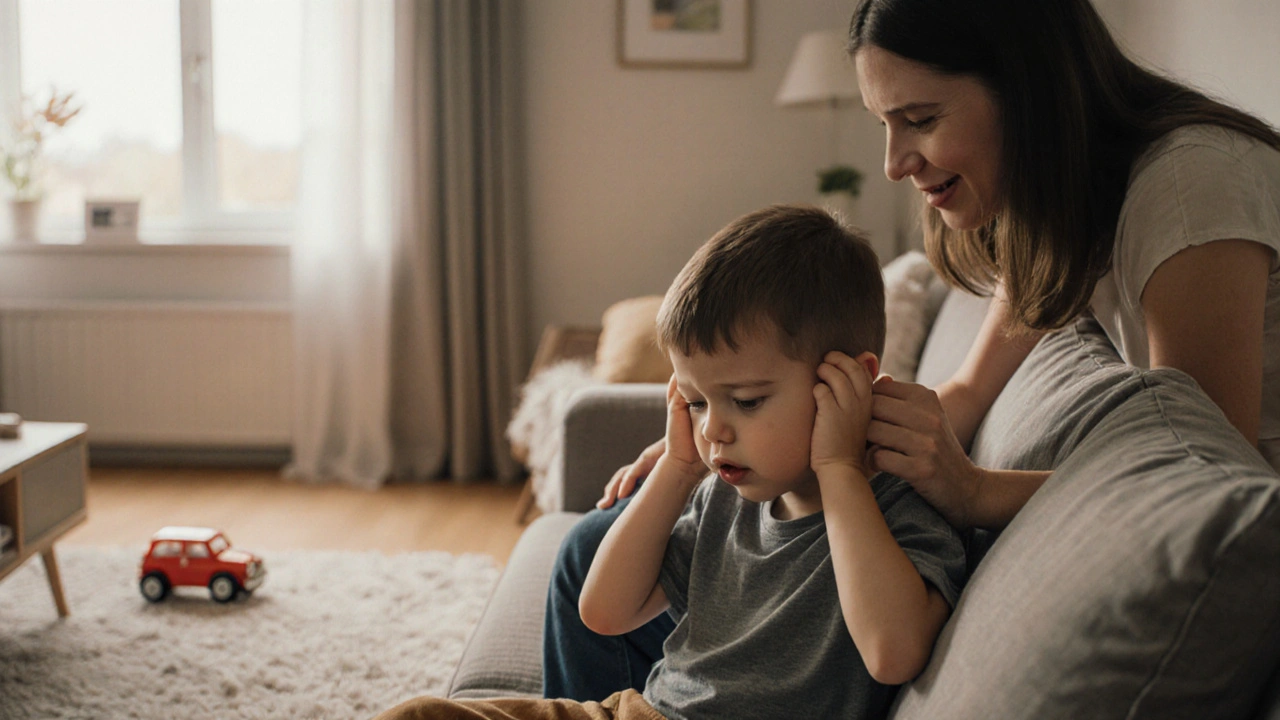Meniere's Disease in Children: Symptoms, Causes, and What Works
When a child suddenly gets dizzy, vomits, or complains of ringing in the ear, parents often assume it’s just a virus or an ear infection. But if these symptoms keep coming back—especially with hearing loss or a feeling of fullness in the ear—it could be Meniere's disease, a disorder of the inner ear that affects balance and hearing. Also known as endolymphatic hydrops, it’s most common in adults between 40 and 60, but it does happen in kids, and when it does, it’s often misunderstood.
Unlike adults, children with Meniere’s rarely describe the classic trio of vertigo, tinnitus, and hearing loss the same way. A 7-year-old might just say, "I feel like the room is spinning," or refuse to walk because they feel unsteady. They might cling to furniture, avoid school activities, or suddenly become irritable after a dizzy spell. These episodes can last from 20 minutes to a few hours, and they often come without warning. What makes it tricky is that doctors don’t always test for it right away—many assume it’s something simpler, like an ear infection or even anxiety. But if the dizziness keeps returning, especially with changes in hearing, it’s worth digging deeper.
There’s no single test for Meniere’s in children, but doctors look at the pattern: repeated vertigo attacks, fluctuating hearing loss (often in one ear), and sometimes a family history of the condition. The root cause? It’s tied to fluid buildup in the inner ear, called endolymph. In adults, it’s often linked to stress, salt intake, or autoimmune issues. In kids, researchers are still figuring out if it’s genetic, linked to allergies, or triggered by past infections like meningitis or mumps. Some studies suggest that children with chronic ear infections or structural differences in the inner ear are at higher risk.
Managing Meniere’s in children isn’t about strong medications—it’s about reducing triggers and supporting their daily life. Doctors often start with low-salt diets, hydration, and avoiding caffeine or chocolate, which can worsen fluid retention. If attacks are frequent, a mild diuretic might be tried, but only under close supervision. Balance therapy, like simple vestibular rehab exercises, can help kids retrain their brains to cope with dizziness. And because hearing loss can affect learning, regular hearing checks are essential. Most kids outgrow the worst of it by their teens, but early recognition makes a big difference in how they cope.
What you’ll find below are real cases, treatment insights, and practical advice from parents and doctors who’ve walked this path. From what to ask your pediatrician to how to spot early signs in toddlers, these posts give you the clear, no-fluff facts you need to act—before the next dizzy spell hits.
Learn how to spot, diagnose, and treat Meniere's disease in children with practical tips, treatment options, and FAQs for families.
Oct, 12 2025

